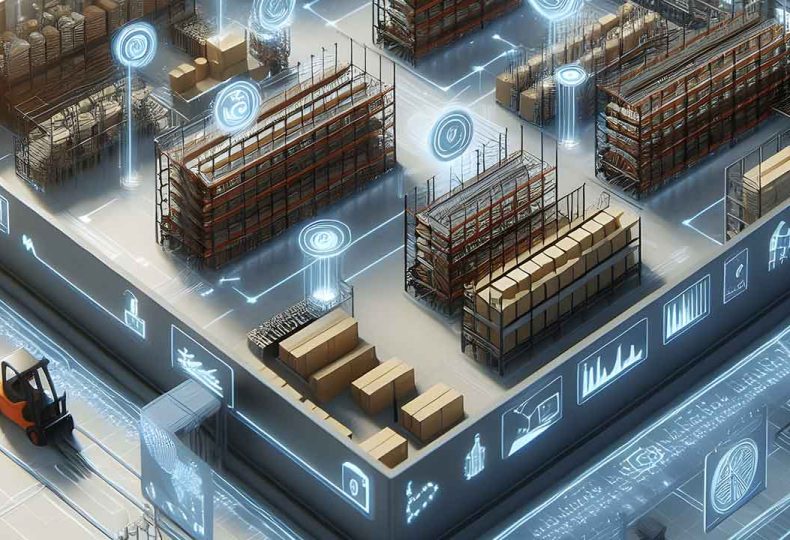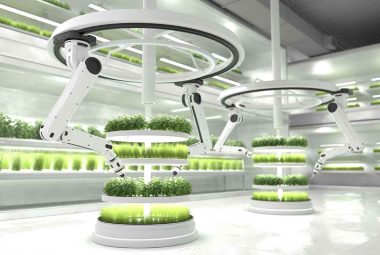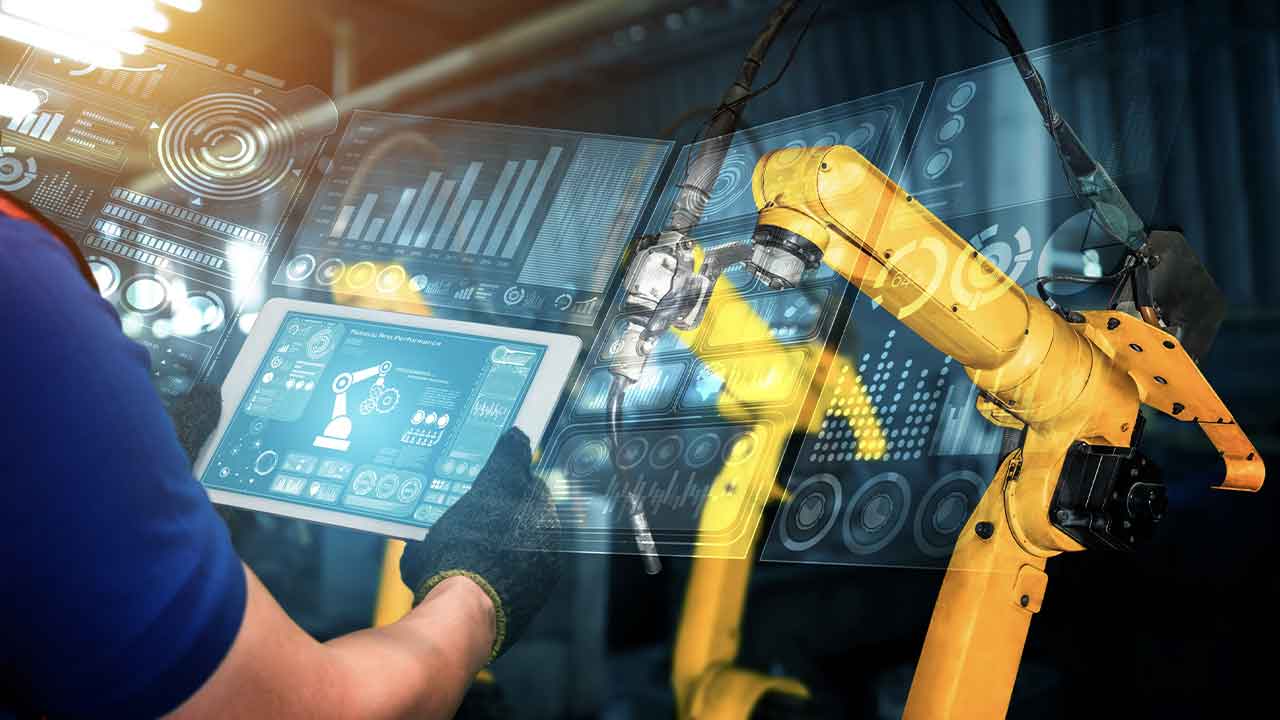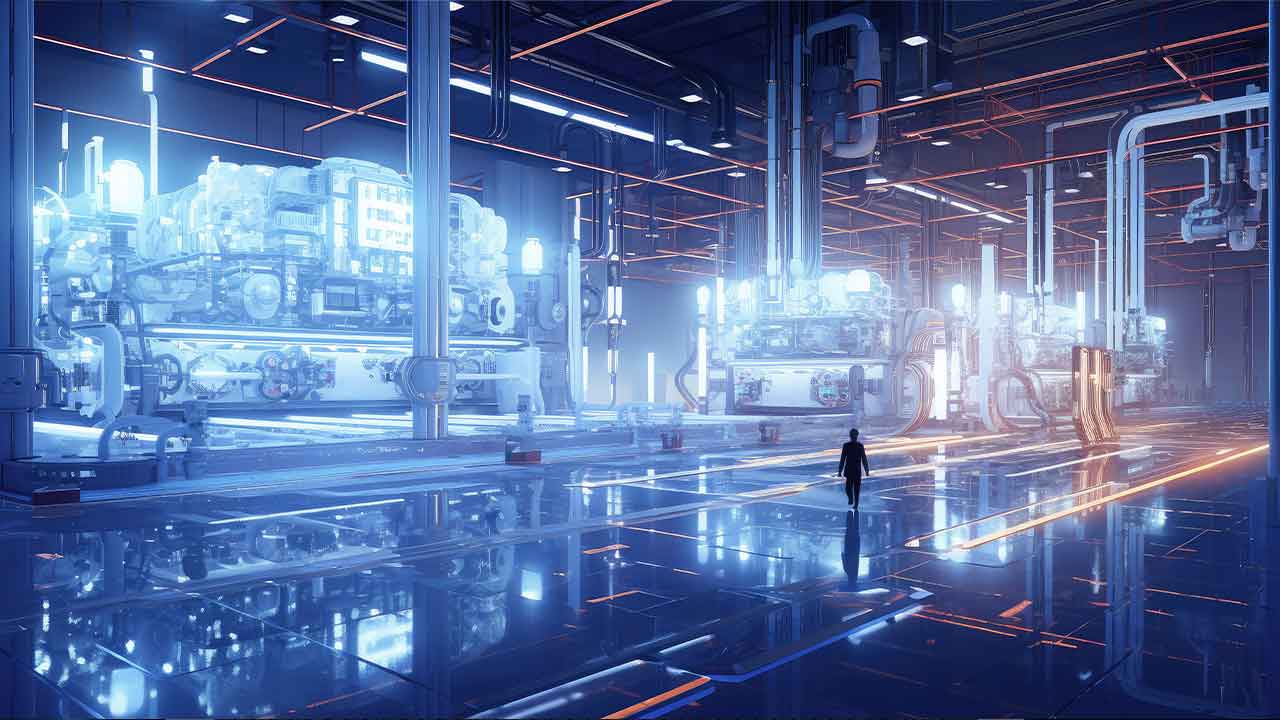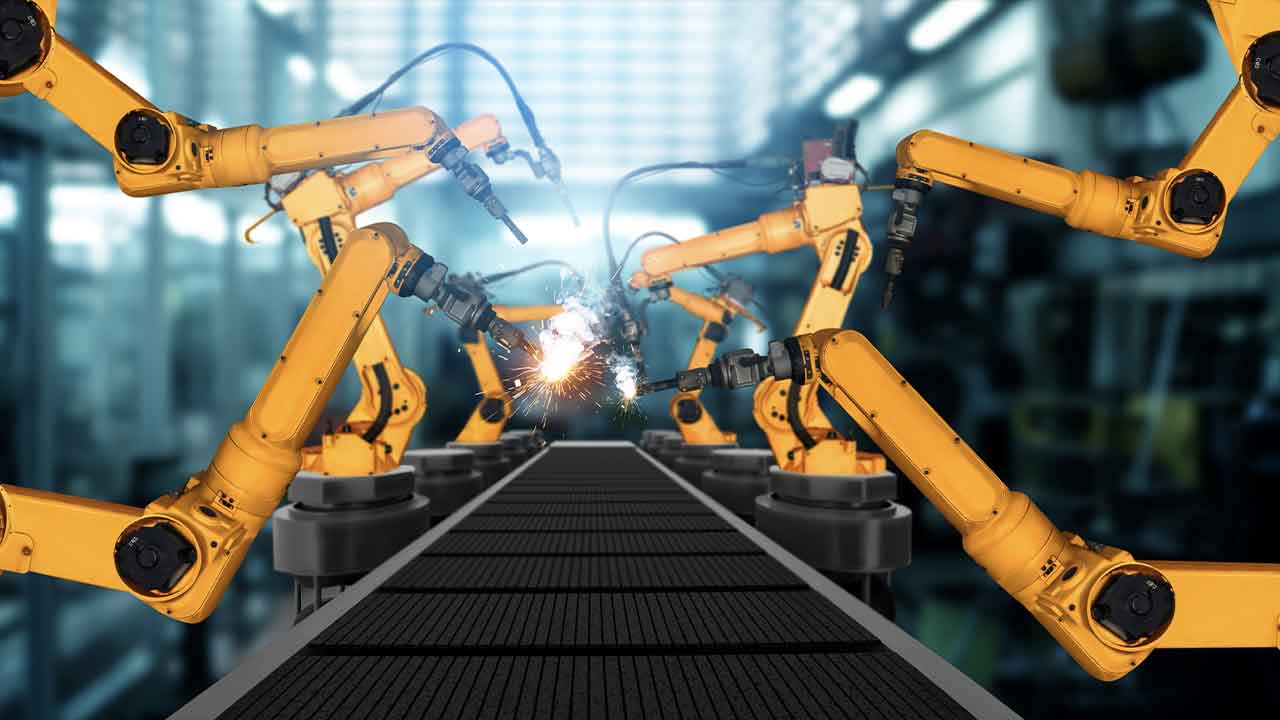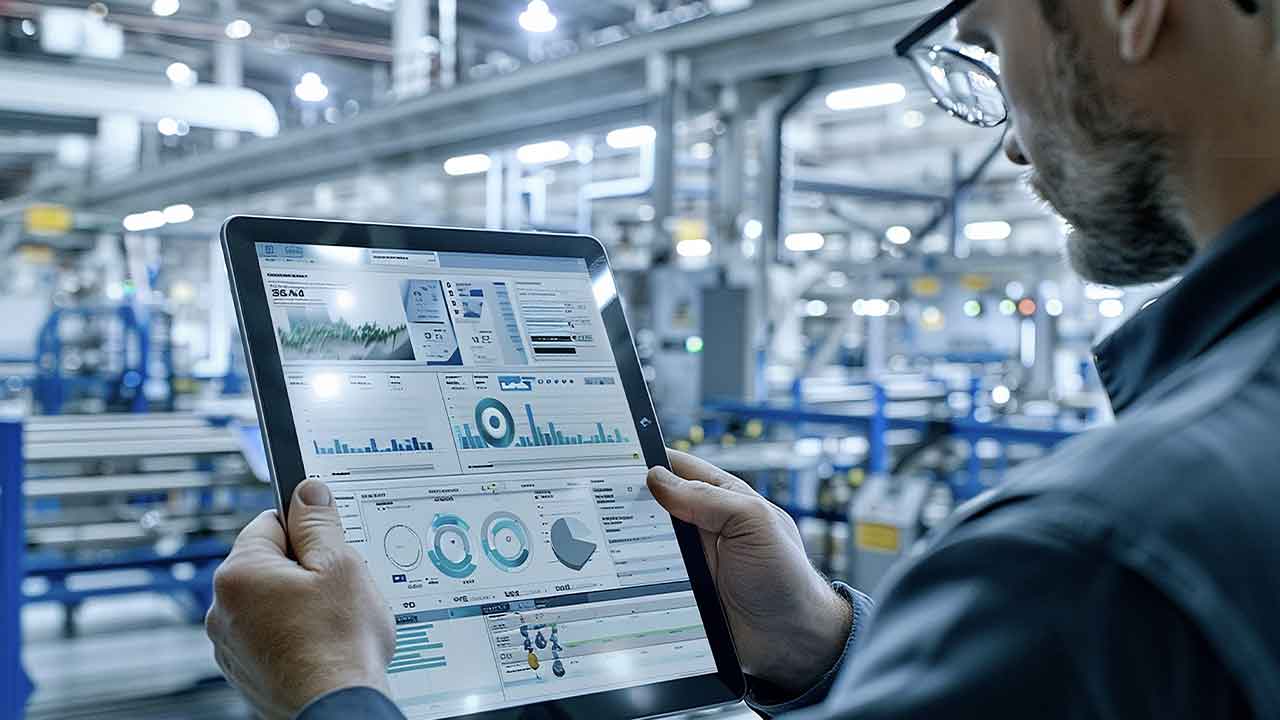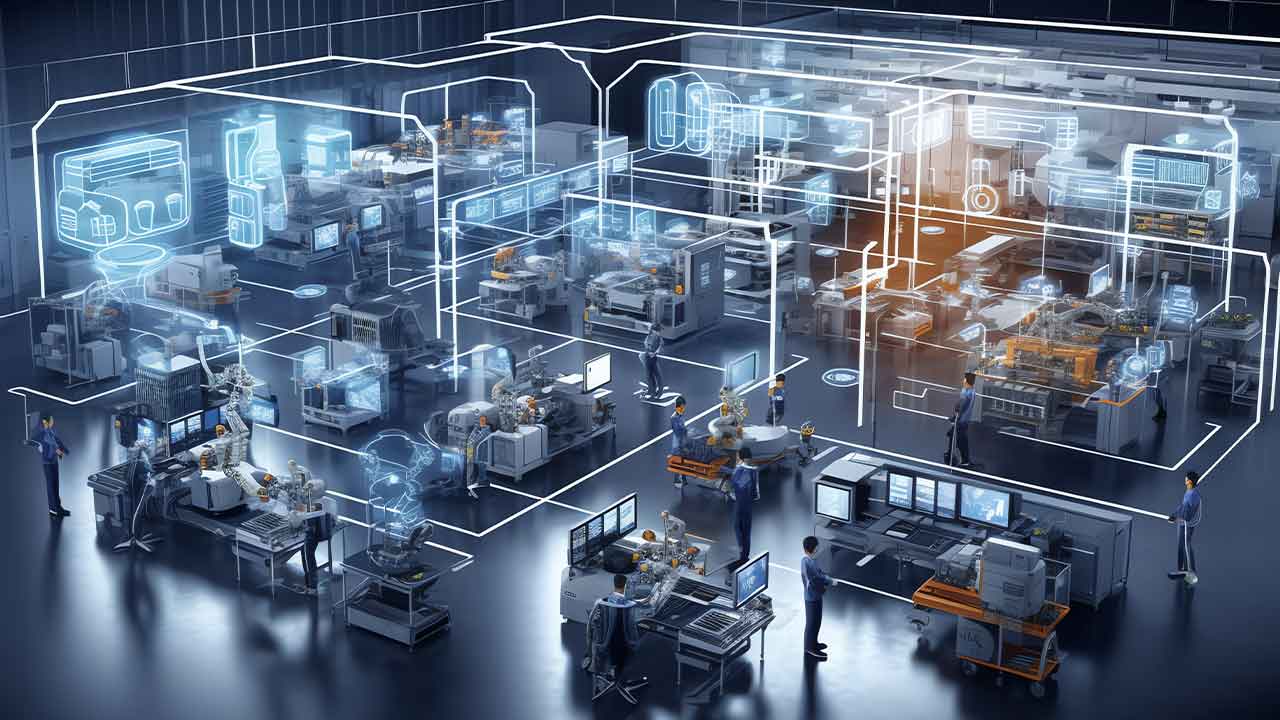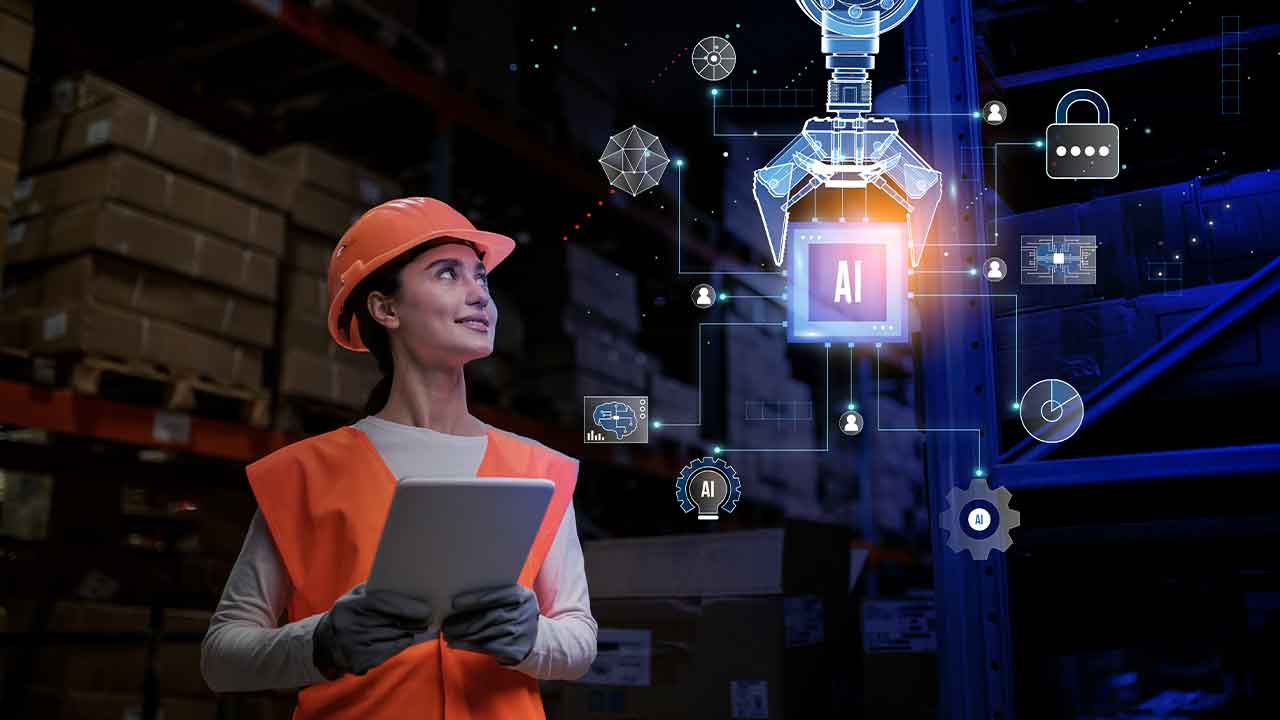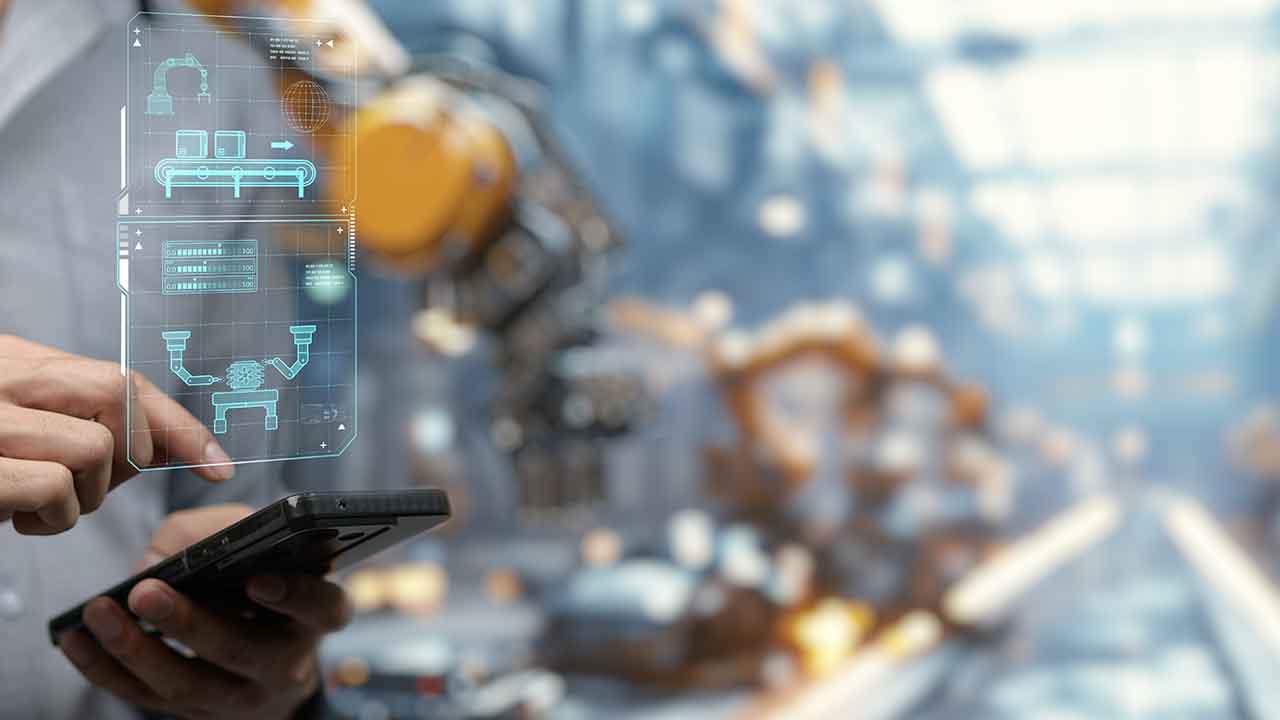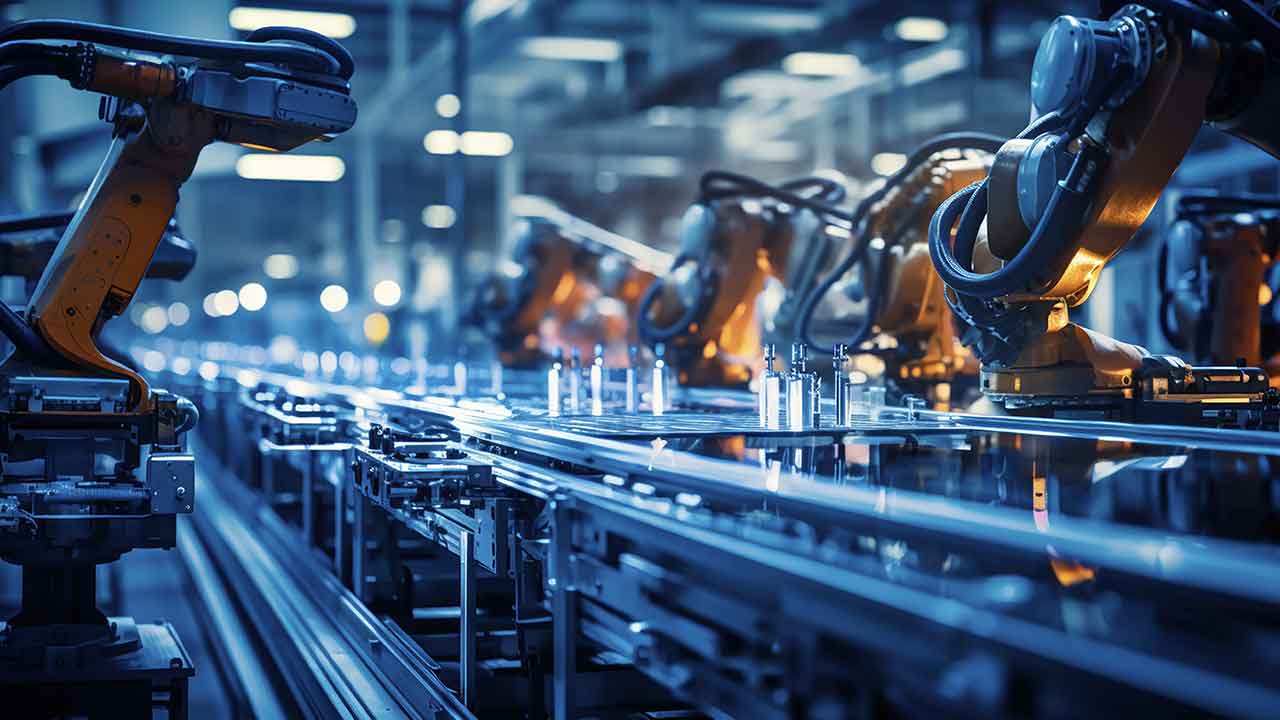Breaking Down Data Silos: How Real-Time IIoT Platforms Revolutionize Manufacturing Efficiency
Companies face a daunting challenge in today’s volatile manufacturing environment: integrating isolated data systems to enable smarter, faster decisions. Real-time Industrial Internet of Things (IIoT) platforms offer a game-changing solution, but many manufacturers remain trapped in “pilot purgatory,” struggling to
Building the Factory of the Future: Bridging Innovation and Practicality
The concept of the “Factory of the Future” is no longer a distant vision; it is an achievable reality driven by the integration of advanced technologies, collaborative ecosystems, and forward-thinking strategies. Manufacturers seeking to transform their operations must balance innovation
The Future of Open Automation: Transforming Industrial Operations
What is Open Automation? Open automation is reshaping industrial operations by allowing businesses to integrate new automation technologies at the speed of innovation. Traditionally, industrial systems have been locked into proprietary ecosystems, limiting flexibility and slowing down the adoption of new
HiveMQ Pulse: Transforming Industrial IoT with Distributed Data Intelligence
A New Era of IoT Data Management As industrial enterprises accelerate their digital transformation, managing and leveraging real-time operational data remains a critical challenge. HiveMQ, a leader in enterprise MQTT solutions, has introduced HiveMQ Pulse, a next-generation distributed data intelligence platform designed to unify, transform, and contextualize data
How Time-Sensitive Networking (TSN) is Transforming Industrial Automation
At the ARC Industry Forum 2025, Greg Orloff of IIoT World sat down with Thomas J. Burke, the Global Director of Industry Standards at Mitsubishi Electric, to discuss the evolution of industrial connectivity, focusing on CC-Link technology and the role of Time-Sensitive Networking (TSN) in unifying disparate industrial networks. Challenges
AI, Open Systems, and Automation: The Keys to Sustainable, Autonomous Manufacturing
Industrial operations are at a pivotal moment, where sustainability, autonomy, and efficiency are no longer optional but essential. Schneider Electric leads this transformation through software-defined automation, AI-driven solutions, and open systems. Andre Babineau explains how these technologies reshape manufacturing, making operations more flexible,
The Biggest Risk in Industrial Digitalization Isn’t Cyber—It’s Adoption Speed
Industrial digitalization is evolving rapidly, but the biggest challenge isn’t cybersecurity—it’s the speed of adoption. Doug Warren, Senior Vice President of AVEVA’s Monitoring & Control Business, explains why the hesitation to embrace new technology is the most significant risk industrial
AI and Process Safety: How Schneider Electric is Pioneering the Future
Artificial Intelligence (AI) is making its way into the world of process safety, revolutionizing how industries approach hazard analysis, risk mitigation, and operational efficiency. Chris Stogner, Senior Director of Offer Management at Schneider Electric, shares insights on how AI reshapes safety lifecycle management and why
March 2025 Industrial IoT & ICS Cybersecurity Events
Explore key Industrial IoT (IIoT) and ICS Cybersecurity events in March 2025. From high-level conferences to specialized summits, these events cover a range of topics, from energy innovation and digital transformation to AI, cybersecurity, and smart manufacturing. Whether you're focused
